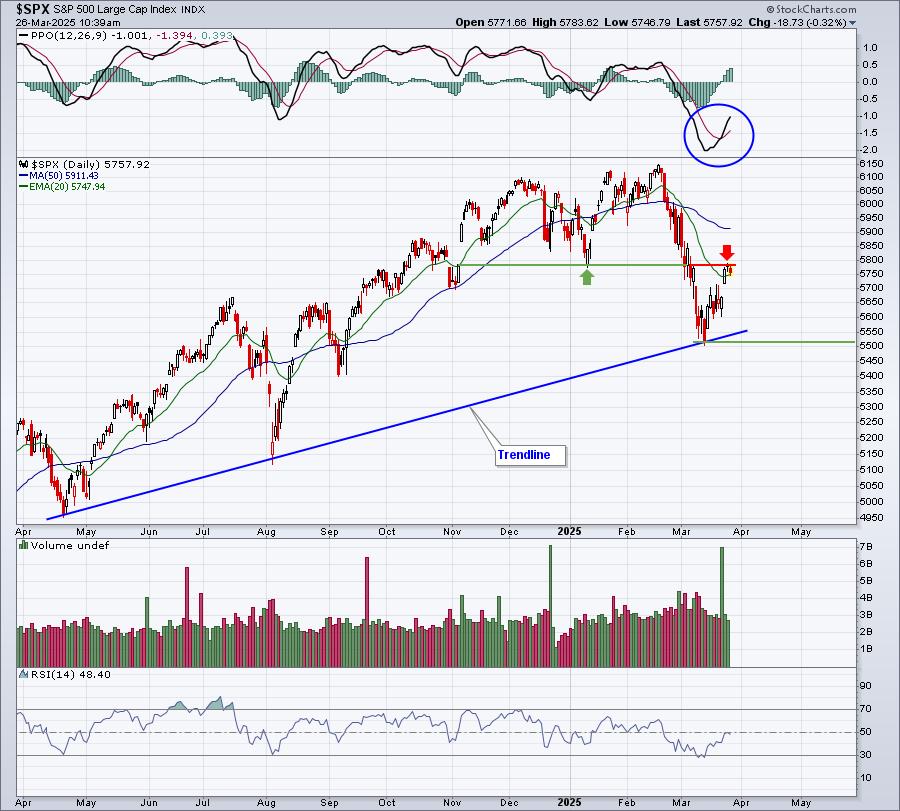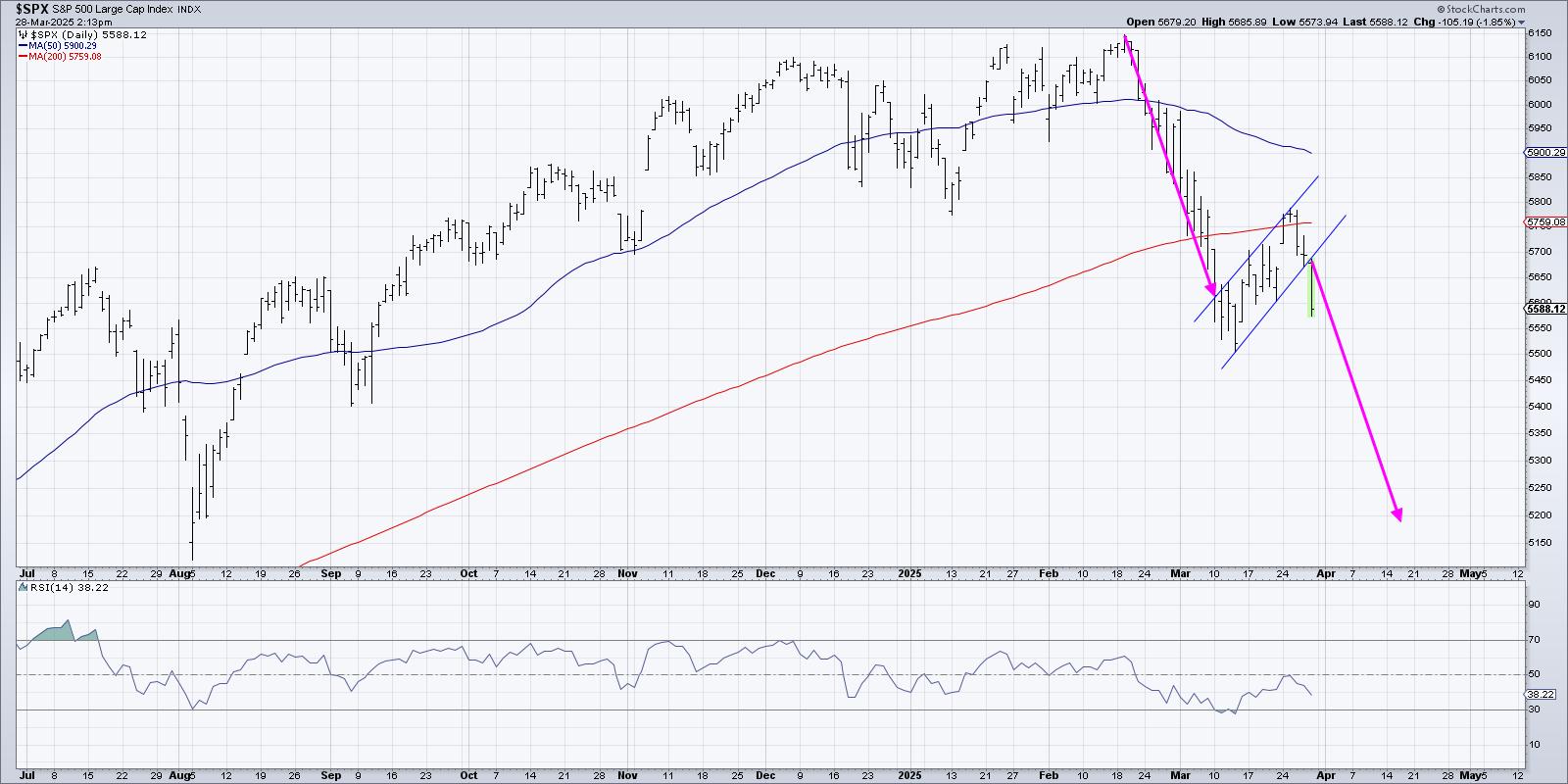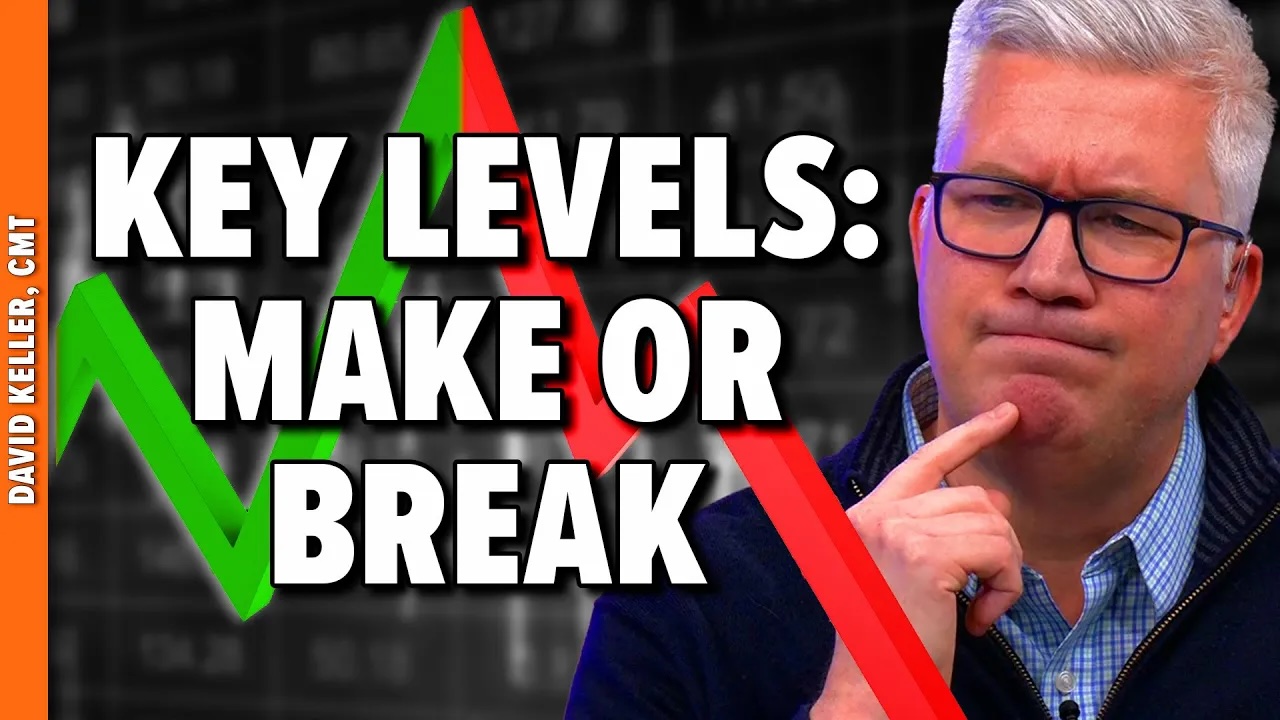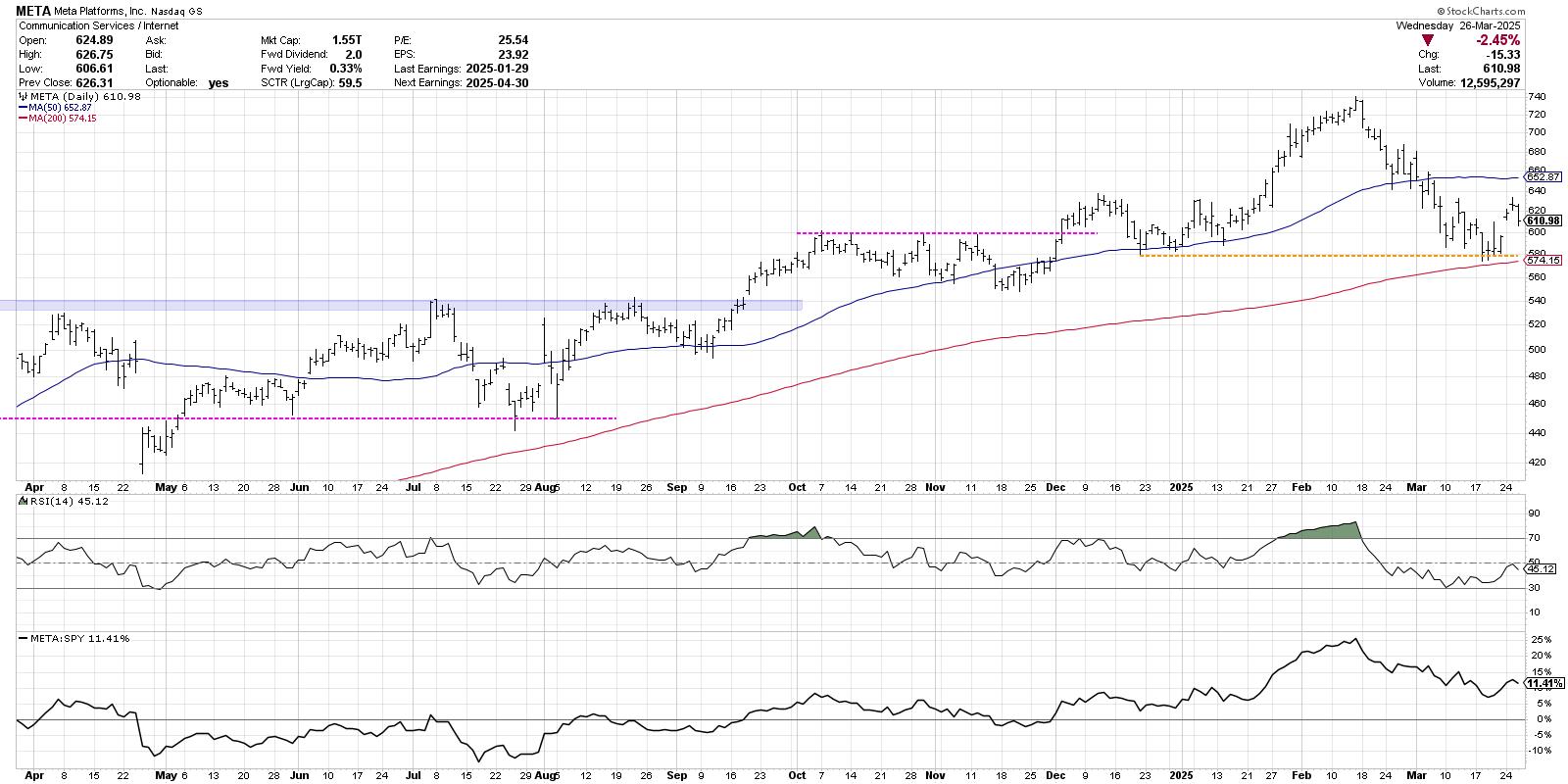 I’ve discussed noise a few times in the past but it needs to be brought up again. Just in the course of a normal week, we are bombarded with information from sources such as the FED, television analysts, brokerage firm analysts, economists’ projections, newspapers, junk mail, neighbors, war reporters, etc. Making investment decisions without a plan or methodology is truly a gamble. And to think that there are academic types who advocate that the markets are efficient, which means everyone has all the available information at the same time, and therefore cannot possibly get an advantage over anyone else is preposterous! Then when you add the “investors are rational” tag, it gets even worse. What I think is truly sad is that our educational system is tied to this drastically common and challenged line of thinking. One can get a college degree without a single hour of finance or economics. While I do not think that is exactly my point, it is the lack of understanding how the credit markets and the capital markets work that is the ultimate problem.
I’ve discussed noise a few times in the past but it needs to be brought up again. Just in the course of a normal week, we are bombarded with information from sources such as the FED, television analysts, brokerage firm analysts, economists’ projections, newspapers, junk mail, neighbors, war reporters, etc. Making investment decisions without a plan or methodology is truly a gamble. And to think that there are academic types who advocate that the markets are efficient, which means everyone has all the available information at the same time, and therefore cannot possibly get an advantage over anyone else is preposterous! Then when you add the “investors are rational” tag, it gets even worse. What I think is truly sad is that our educational system is tied to this drastically common and challenged line of thinking. One can get a college degree without a single hour of finance or economics. While I do not think that is exactly my point, it is the lack of understanding how the credit markets and the capital markets work that is the ultimate problem.
Noise is the short-term interference that causes investors to deviate from a well thought out investment plan. Noise is difficult to ignore because at the time it seems so important. The 24/7 world of breaking news media is geared to making you think everything is critical and always tied to market action. The emotional roller coaster of trying to utilize all this information can have a devastating affect on your wealth…and your health. Most investors would do well to read a weekly publication on Sunday afternoon. This would summarize the events of the entire week and then be a couple of days old upon reading.
Now here are some of the problems with all this noise: Have you ever noticed how Wall Street and the elected officials try to “explain away” any negative information or market indicator? Eventually when there are mounting numbers of negative reports, it becomes almost comical, like now. There are other types of noise that affect investor’s perceptions about investing. These are the myths that proliferate on Wall Street and most of the financial community. I will go on record stating that all of these noise events cannot be found on a long term chart of any market index (with the dates removed). Why is this? Free markets trend (ebb and flow) based upon the laws of supply and demand, which is the grand total of opinion of all who are actively participating in the market with real money. Remember this – it does not require the opinions of market analysts, television personalities, brokerage experts, or anyone similar to affect the thinking of others. See the problem? They are feeding you, if not creating, noise.
Some of the myths I was referring to that cannot be pointed out on a chart are as follows. Disasters – most people think disasters have lasting effects on the markets. Do you know that within five market trading days after 9/11, the market began an up move that rose over 20%? Other examples are Eisenhower’s heart attack, the Kennedy assassination, major hurricanes (Gloria), war (other than when they close the exchanges), Oklahoma City bombing, on and on. So why do people think they have lasting effects on the markets? Simply because at the time it is a horrible event and you cannot imagine life afterwards. Most people extrapolate the short-term (noise) into the future. Sorry, that just does not play out in the long-term trends of a free market.
Additionally, there is a strong belief that the stock market goes up over the long run. It does! Unfortunately, the insertion of your life and your period for accumulating wealth may not fall in sync with the good long-term up trends of the market. I consider that most have a wealth accumulation period from their 40s to the early 60s (about 15-20 years), realizing that everyone is different. I have a friend who became an institutional broker in the very early 1980s and retired in 2000. He readily admits he lived a charmed life and knows it was just luck that he was a broker during the last great bull market. Sadly, Wall Street wants you to think it is always a bull market. Even more sadly, if you entered your wealth accumulation period in the late 1990s, you are probably not too happy right now if you invested in index funds. The market today is not too far above where it was in 2000 (depends on which market you are viewing).
I mentioned the long-term trends of the stock market before. These long-term up and down moves are trends based upon valuations as opposed to price; such trends are called secular markets. A secular bull market is one that has valuations (generally PE – Price to Earnings ratio) that go from very low levels and terminate at very high levels. 1982 – 2000 was such a secular bull market, and you also know it was a very good period to be invested. The period from 1966-1982 was a secular bear market as PE ratios declined during the entire period. The markets simply went nowhere, beside than up and down, they ended where they began. Of course there were good cyclical bull and bear markets but that will have to wait for now. We began 2000 with PE ratios at all-time highs and they are still declining while the market is going nowhere but up and down. Over the last century secular markets have lasted in the neighborhood of 15-20 years – same period I use for wealth accumulation. Reason for worry? See Secular Bears article.
All of the noise is difficult to ignore because at the time it seems so important. This is further support for a sound rules-based technical model that totally eliminates all of this noise and the associated emotions that it creates. Next time you get excited about some event or news item, think of it as raw meat thrown into a pool full of piranhas. The pool is calm, and then as soon as the meat hits the water, there is a flutter and splashing that lasts for just a few minutes; the meat is gone, and the pool is once again calm. Just a couple more thoughts! Remember, the biggest and most frequent sources of noise are the quarterly earnings reports. During my many years of traveling as a fund manager, I was often asked what I thought about Cramer. My reply was simply: Cramer is what CNBC thinks of you. Finally, beware when you hear “it is different this time,” as it probably is not.
Trade in the Silence,
Greg Morris






